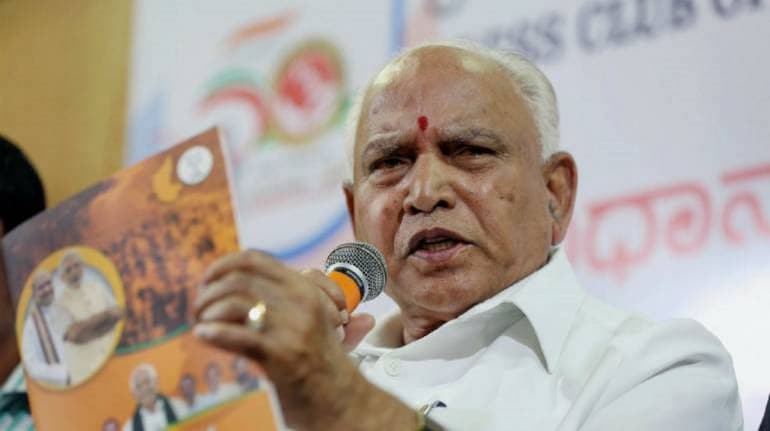
Only those who are asymptomatic or mild symptomatic and aged less than 60 years shall be permitted to be in "home isolation", according to a new set of COVID-19 related guidelines issued by the Karnataka government on Saturday.
The guidelines for home isolation of COVID-19 cases have been issued by the Union Ministry of Health and Family Welfare and in view of the evolving coronavirus situation, the state has issued the guidelines, a circular issued by Additional Chief Secretary, (Health and Family Welfare) Jawaid Akhtar said.
"Only those who are asymptomatic or mild symptomatic shall be allowed to be in isolation at home and they shall be oriented to the protocol of home isolation," it said.
Stating the health team from district health authority or authorised private institution shall visit the house and assess its suitability for home isolation and also do triage of the person, it said, dedicated tele-monitoring link shall be established for daily follow-up of the person during the entire period of home isolation.
According to the circular, the person shall report to the physician/ health authorities about their health status every day, and they shall have pulse oximeter, digital thermometer and personal protective equipment (facemasks, gloves) to be used during home isolation.
The release of the person from home isolation shall be as per the existing discharge protocol of the state for COVID-19, it said, adding the home isolation shall be with the knowledge of the family members, neighbours, treating physician and local health authorities.
During a meeting chaired by Chief Minister BS Yediyurappa on July 1, experts had suggested that treating asymptomatic and mildly symptomatic patients in home isolation would be appropriate as it would lessen the burden on hospitals.
As per the guidelines, after receipt of COVID-19 positive report, the person shall isolate himself/herself at home in a separate room and the health team shall visit and assess the suitability of the house for isolation of the person at home and also do triage of the person.
The eligibility of home isolation include- the person shall be clinically assigned as asymptomatic/mild case by the treating medical officer/ physician, such cases should have the requisite facility at their residence for self-isolation and also for quarantining the family contacts, and a caregiver should be available on a 24 x 7 basis.
"Mild fever < 38 c. Oxygen saturation should be > 95 per cent. Age shall be less than 60 years," it said, they shall not have any comorbid conditions like kidney diseases including persons on dialysis, heart diseases, stroke, tuberculosis, cancer, people living with HlV, immune- compromised, on steroids and immune-suppressants, etc.
Requisite facilities for home isolation include a separate well-ventilated room with a separate toilet for the person in isolation, the guidelines said.
The person shall stay in the identified room and away from other persons in the home (especially the elderly and those with comorbid conditions like hypertension, cardiovascular disease, renal disease, etc).
Discover the latest business news, Sensex, and Nifty updates. Obtain Personal Finance insights, tax queries, and expert opinions on Moneycontrol or download the Moneycontrol App to stay updated!